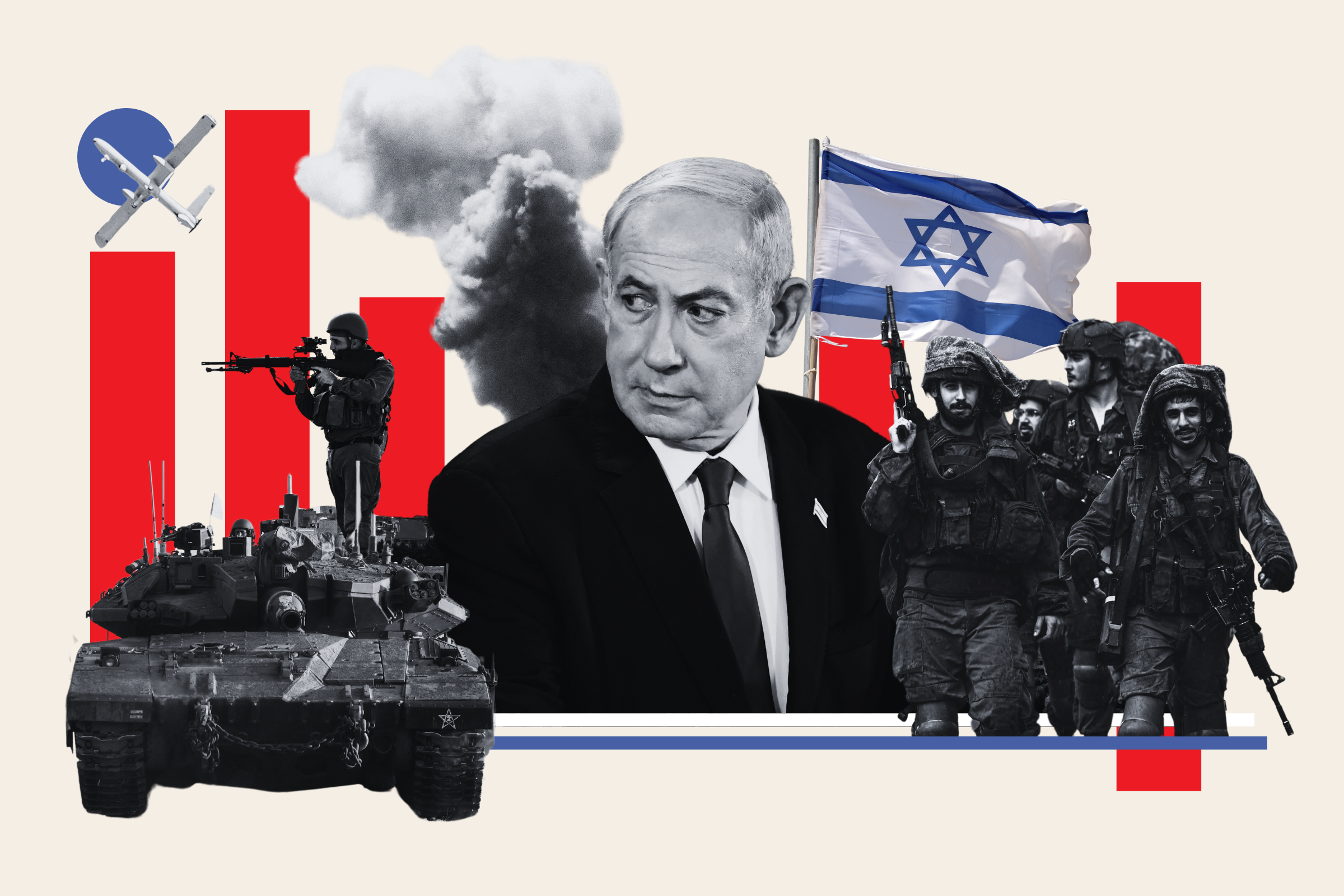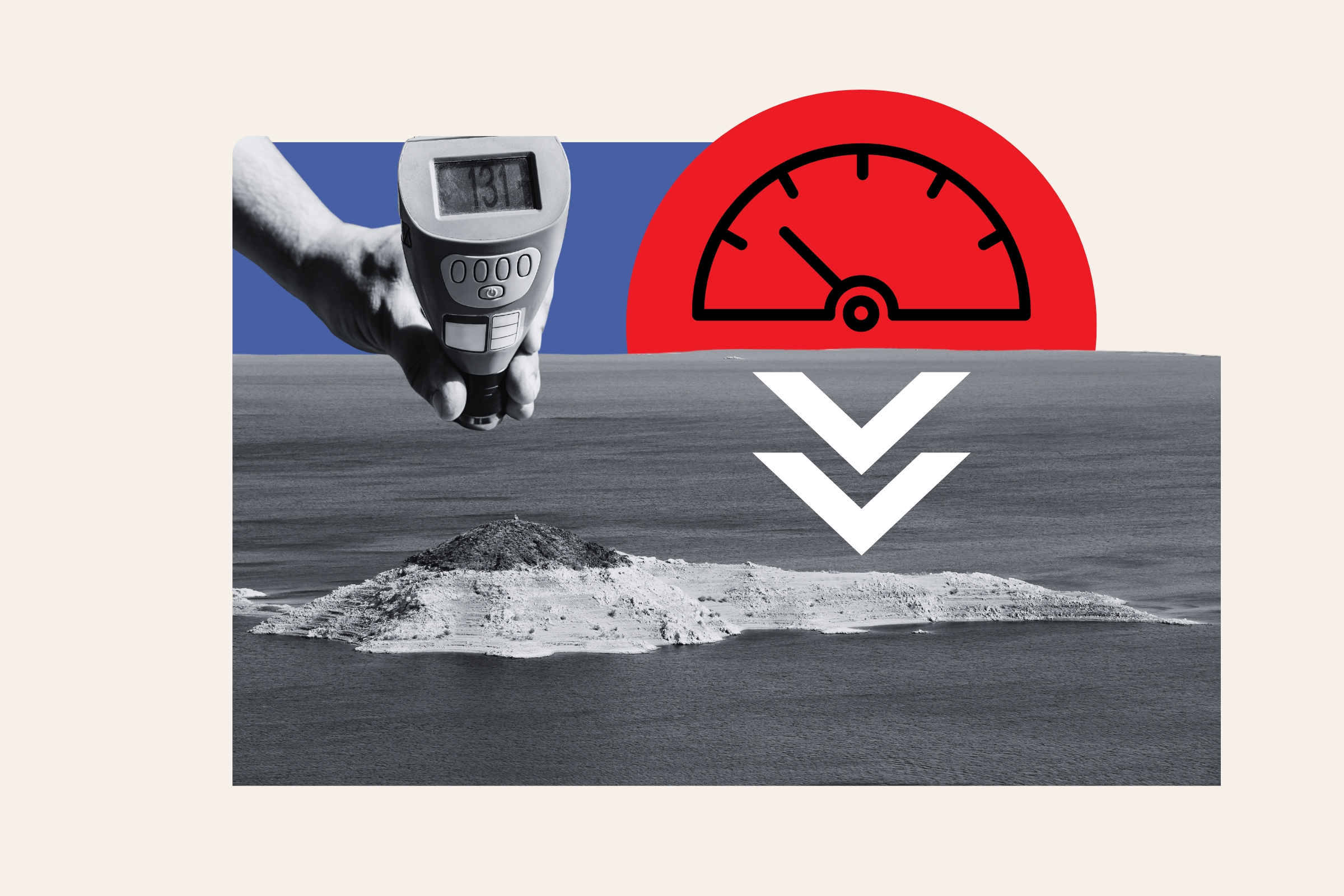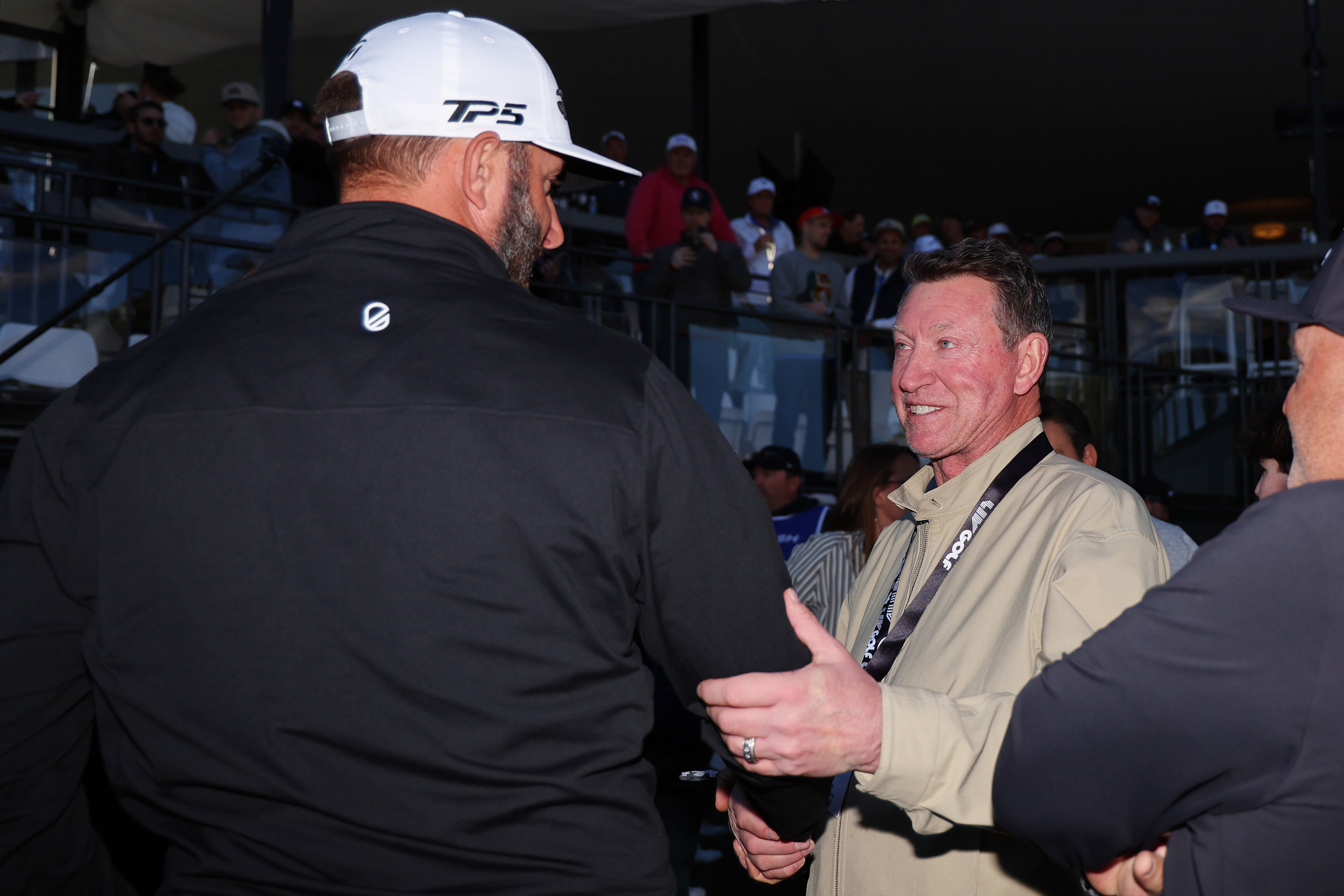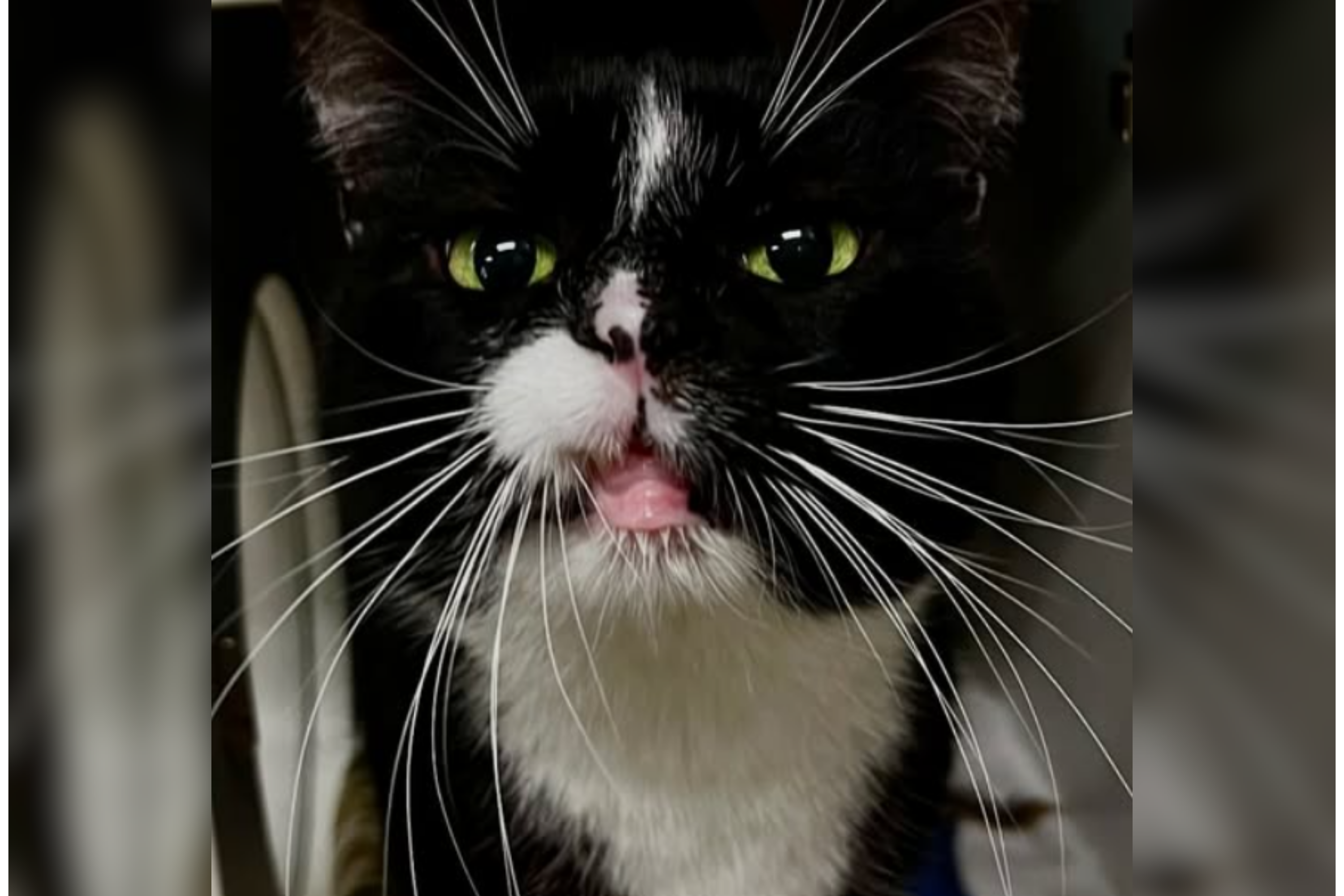In the wake of the murder of UnitedHealthcare CEO Brian Thompson, a cri de coeur has risen from the American public. While those of us who love the rule of law might have expected it to be against murder, the cry was instead against the unchecked rapaciousness of insurance companies.
It can't be ignored. Consumer rage against government-tolerated Medicare Advantage scams, bogus benefit denials, and claims of death-by-coverage-denial has stopped being individual and has instead become a collective calamity attributed to the uninhibited greed of an American plutocracy—the rule of the rich.
The level of rage was a shock that should make billionaires Elon Musk and Vivek Ramaswamy think twice before using their non-governmental, Department of Government Efficiency—DOGE— to shred industry regulation rather than reform it.

Rather than reorganizers, they appear to be plutocrats ready to unleash a crusade against regulating industry at time when America needs regulation improved, not removed. But what can you expect? Crusading plutocrats—and doges for that matter—don't have a very good track record. The last crusading doge —Doge Enrico Dandolo of Venice—decided in 1203 that he could make more money looting the rich Christian city of Constantinople than he could recapturing Muslim-held Jerusalem. That crusade left thousands of the Christians the Venetians were supposed to protect dead and a handful of Venetian plutocrats wildly rich.
So, beware of plutocrats pledging to lead us to the Promised Land. They're usually serving themselves and their fellow plutocrats. And why shouldn't they? Why should Musk or Ramaswamy have the slightest idea of what it's like for a struggling family to devote a large portion of their income to getting insurance coverage only to be falsely told that they have no coverage when they need it most? These latter-day doges only see regulations as obstacles to righteous, plundering plutocrats. Why else would they make an early "deletion" target of the financial fraud-fighting Consumer Financial Protection Bureau?
Musk and Ramaswamy owe their dogedom to a Trump victory reflecting a socially and financially frustrated America. Democrats came across in the election as defending the status quo—talking sometimes about insurance rip-offs —but fining or imprisoning no one. This left many voters with financial worries choosing between ineffective regulation and regulation evisceration.
Unfortunately, they chose evisceration. They voted for people who advocate disemboweling federal safeguards and pushing what regulation remains back into the hands of the states. And, with insurance, that's just where a central piece of the problem has existed since Congress committed the regulation of insurance companies to the states in 1945.
To divide is to conquer, and with 50 chances to undermine consumer protections, insurance companies like Thompson's UnitedHealthcare have profited marvelously from it. Insurance commissioners have too often been industry stooges. A 2016 investigation by the Center for Public Integrity found that of the 50 sitting state insurance commissioners, 24 came directly from the insurance industry or had worked for an insurer. It further found that half of the 109 insurance commissioners who had left their posts in the last decade went to work for the industry they used to regulate — many leaving before their terms expired.
The courts deserve their share of blame, too. While the Supreme Court recently decided it will no longer defer to the administrators of government agencies concerning their powers, courts continue to kowtow to insurers. Many employers sponsor federally regulated disability insurance plans administered by insurance companies. In an absurd twist, the Supreme Court held it owes these "administrators" deference when they self-interestedly deny disability benefit claims. Today, many workers trying to collect employer-sponsored disability benefits literally have to make a federal case of it, often for years, and often without success because courts have chosen to prefer conflicted insurers over afflicted workers.
The only way out of this mess is to make government oversight of those ripping off consumers effective, not to effectively eliminate it.
But doges Musk and Ramaswamy aren't likely to think so. They are on the opposite mission at the very moment when a national consensus cries out that enough is enough. Doge Dandolo would have loved it.
Thomas G. Moukawsher is a former Connecticut complex litigation judge and a former co-chair of the American Bar Association Committee on Employee Benefits. He is the author of the new book, The Common Flaw: Needless Complexity in the Courts and 50 Ways to Reduce It.
The views expressed in this article are the writer's own.




.png)





.png)









 English (US) ·
English (US) ·